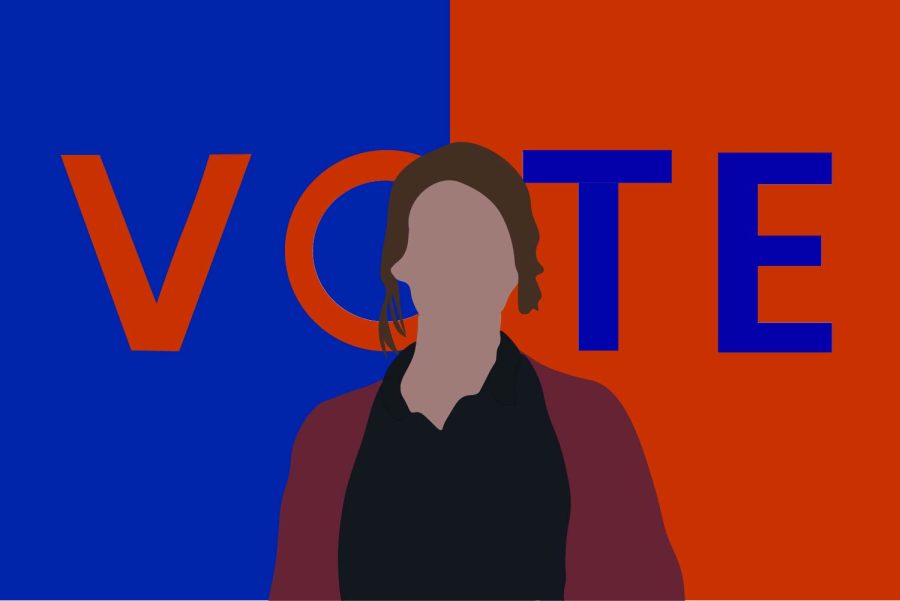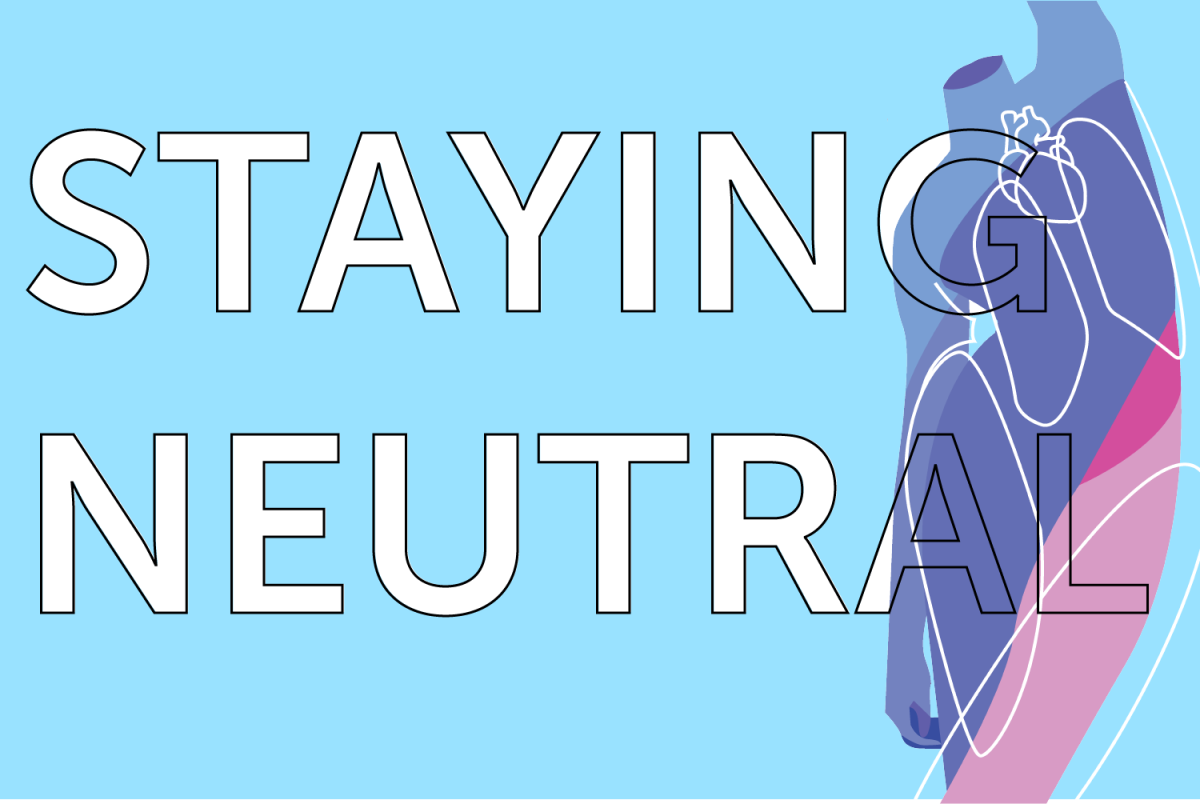It should be up to question whether Fred Phelps can protest soldiers’ funerals with picket signs that say things such as “God hates fags” or “Thank God for 9/11.” But can one’s freedom of speech be limited?
It should be limited if the speech is harassment. According to the legal definition of harassment, harassment is any conduct that causes emotional distress; harassment is illegal. Though Phelps finds loop holes, isn’t waving signs in front of a funeral saying “Thank God for 9/11″ harassment? This is where speech should reach its limit. These signs inflict emotional harm on the families whose loved ones are being honored on the day of the funeral.
The current case in the Supreme Court, Snyder vs. Phelps, addresses the potential limits of the freedom of speech versus intentional emotional distress. Intentional emotional distress is harassment. The law that draws a line between free speech and harassment is a gray area, but it doesn’t need to be. These attacks are much like verbal assault; if it is illegal to hit a person with your fist it should be illegal to hit a person with these derrogatory words.
In the words of Albert Snyder, the prosecuting party in the trial, ” I had one chance to bury my son and it was taken from me.”
These protests can’t hurt the soldiers. But it can hurt their families because of the picket signs’ harsh views aimed at their loved ones. We must question whether he has the right to say what he wants, and if it’s to occur in a targeted nature at these funerals. Let the family mourn. They only get one chance to bury their loved ones, let the offensive speech be limited while they are being buried.
No longer can America let one man and his congregation’s views impede our right to bury our loved ones; Phelps must be stopped.













